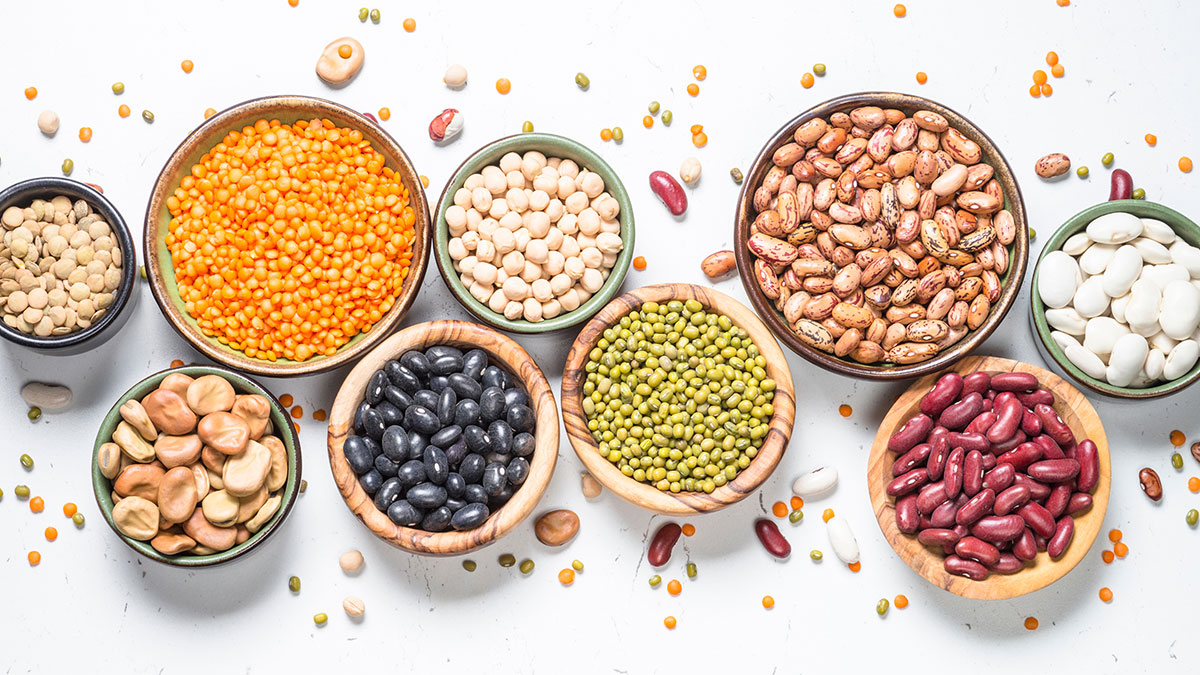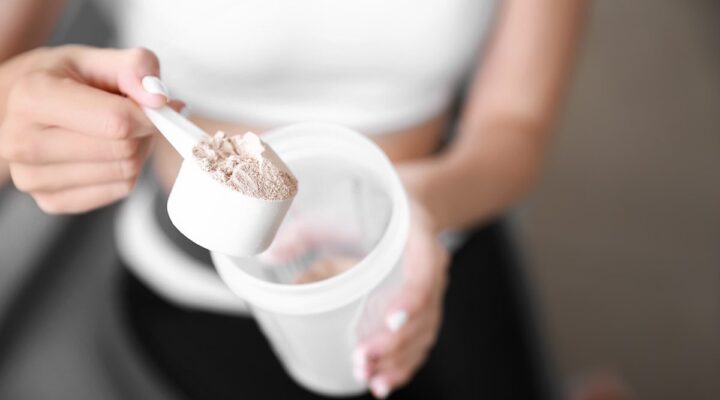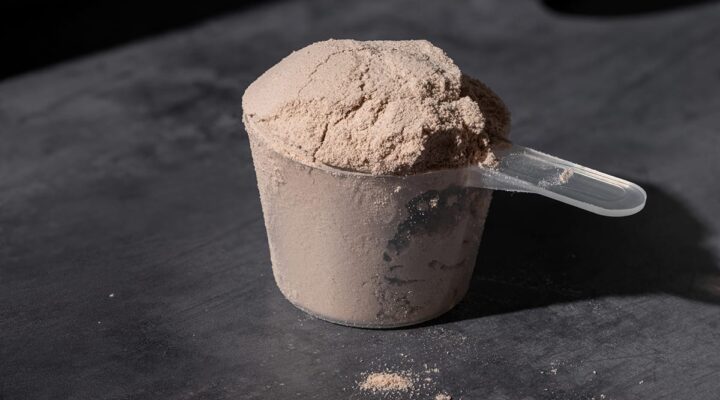How to Support Your Immune System in the Winter

Darker days, colder weather, and crowded indoor gatherings with little fresh air. Yes, winter is back, and while we can all look forward to the excesses of the festive season, there’s one element of the colder months that nobody enjoys: cold and flu.
During the winter months, our immune system takes a beating from lower vitamin D levels, cold and dry air, increased indoor crowding, all of which can lead to a higher likelihood of infection.
While experts say that ‘boosting’ the immune system is a misleading phrase, there are things we all can do to support our body and lower our chances of unwanted sick days. Aside from regularly washing our hands, here are the steps we can take to strengthen our defenses during the colder months.
What is the immune system, and why is it important that we support it?
Put simply, the immune system is a complex network whose main job is to protect the body from germs and cell changes that could make you ill. Think of it as the body’s barrier; if it senses something isn’t right, it’ll respond in a way that promotes healing.
“The immune system mainly consists of organs, white blood cells, proteins, and cell-signaling molecules, which work together to protect your body from invading microorganisms,” explains Dr. Deborah Lee from Dr. Fox Online Pharmacy. “It also detects and destroys any abnormal cells that your body produces. For example, if an injury causes damage to your body, the immune system recognizes and clears away abnormal cells, helping you to recover.”
One aspect of the human immune system that has long fascinated scientists is its ability to keep a record of the germs it defeats, so it can recognise and destroy the same microbe quickly if it enters the body again. This is what’s known as developing immunity.
“While research has failed to find a way we can truly ‘boost’ our immune system, we do know the immune response becomes less efficient with age,” says Lee. This effect is likely due to micronutrient deficiency, which is more common in older people who have poorer appetites. Studies have found that we also develop a reduced ability to absorb certain nutrients from the digestive tract as we get older.
“For this reason, researchers believe it’s vital that we do all we can to support the immune system in our later years,” she advises.
So how can I support my immune system?

Make use of your gym membership
If you’re struggling to stay motivated to work out because of the darker mornings, here’s a great reason to set your alarm and get moving. “When you exercise, it stimulates blood and lymphatic flow, which can make it easier for your body to fight off and get rid of foreign germs,” says Lee.
“The NHS recommends roughly 150 minutes of moderate-intensity exercise per week, and we should all aim for activities that get us slightly sweaty and out of breath, whether that’s brisk walking, jogging, cycling, or dancing,” she adds.
There’s a catch, though: overtraining can actually weaken your immune system because it doesn’t allow your body enough time to recover. Generally speaking, it’s pretty hard to overtrain, but make sure to schedule regular rest days to allow your body the downtime it needs.
Cut down or quit alcohol
The months leading up to Christmas are a social whirlwind with parties and events providing ample opportunity to indulge in a drink or two. While we should all be allowed to enjoy the festivities of the season, too much boozing could increase your risk of a nasty bout of flu. According to Lee, “Alcohol impairs immune function and can lead to a leaky gut, which allows harmful organisms to enter the bloodstream through the gut wall.”
This weakening of the immune system isn’t our only concern during the colder months. Alcohol can also inhibit the production and function of white blood cells, which are vital in fighting off invading bacteria and viruses.
Recognising the potential health risks, more and more people are adopting the trend of going teetotal or embracing ‘mindful drinking’. This approach involves a heightened awareness of your personal limits and avoiding overindulgence. An easy way to be mindful is to stick to a ‘two drink’ limit, or you could alternate between alcoholic and non-alcoholic drinks. For every pint of beer or glass of wine you enjoy, follow it with a non-alcoholic option like soda and lime or tonic water.
This tactic not only paces your drinking but also reduces your overall alcohol consumption, allowing you to enjoy the Christmas celebrations while keeping your health in check.

Prioritise gut health
The gut houses trillions of essential bacteria crucial for our health, and scientists have recently discovered that a whopping 80% of our immune system resides in its colonies of microbiota.
The gut contains a thin wall of cells that acts as a barrier, deciding what stays in your intestine and what is allowed to pass through into your bloodstream. This defensive wall contains cells that are connected to your immune system, monitoring exactly what’s in your gut. If there’s an overabundance of harmful bacteria swirling around in our gut,, it can cause an inflammatory response that affects the immune system’s functioning.
In short? Gut health is a key pillar to our overall winter health picture. To help support your microbiome, you can focus on eating more dietary fiber by upping your intake of plant foods, including beans, legumes and fruit. Prebiotic foods like yogurt, kefir, kimchi and sauerkraut are also good options to keep in your fridge, as they promote the increase of friendly bacteria in the gut.
Get better quality sleep
A good night’s sleep doesn’t just feel great for our energy levels; it has a huge impact on the immune system too, says Lee. “One of the key reasons for the connection between sleep and immunity is the role that sleep plays in regulating the production of cytokines.”
Cytokines are signaling molecules that help coordinate the body’s immune response. They’re responsible for facilitating communication between immune cells, triggering inflammation when needed, and orchestrating the body’s defense against seasonal bugs.
To get a better night’s rest, we could set a regular bedtime, avoid looking at screens, and have a relaxing routine to signal to our brain that it’s time to wind down. This routine could include things like taking a warm bath, reading a bit of a book, or writing in a journal with a cup of herbal tea. Form’s calming ZZZZs nootropic supplement can also form part of a nightly ritual, containing 5HTP and calming amino acids to help support restful slumber.
Try a supplement
“Vitamins like vitamin C, vitamin D, and zinc are well-known for their immune-boosting properties,” says Lee. While these nutrients should primarily come from a well-balanced diet, maintaining a consistent intake can be challenging, especially as only 28% of Brits meet the recommendation to consume at least five servings of fruits and vegetables each day. This is where taking a quality multivitamin each day can serve as a handy insurance policy.
If you prefer to get your vitamins through your daily gym shake, rather than a capsule, Form Nutrition’s PeakBlend with Wellmune is a great option. It’s a protein powder that contains a range of essential vitamins and minerals, and Wellmune, an extract from baker’s yeast that’s proven to enhance the immune system. By adding a scoop into your daily post-workout shake, you can better prepare your immune system for the winter season and stay feeling at your best.


















